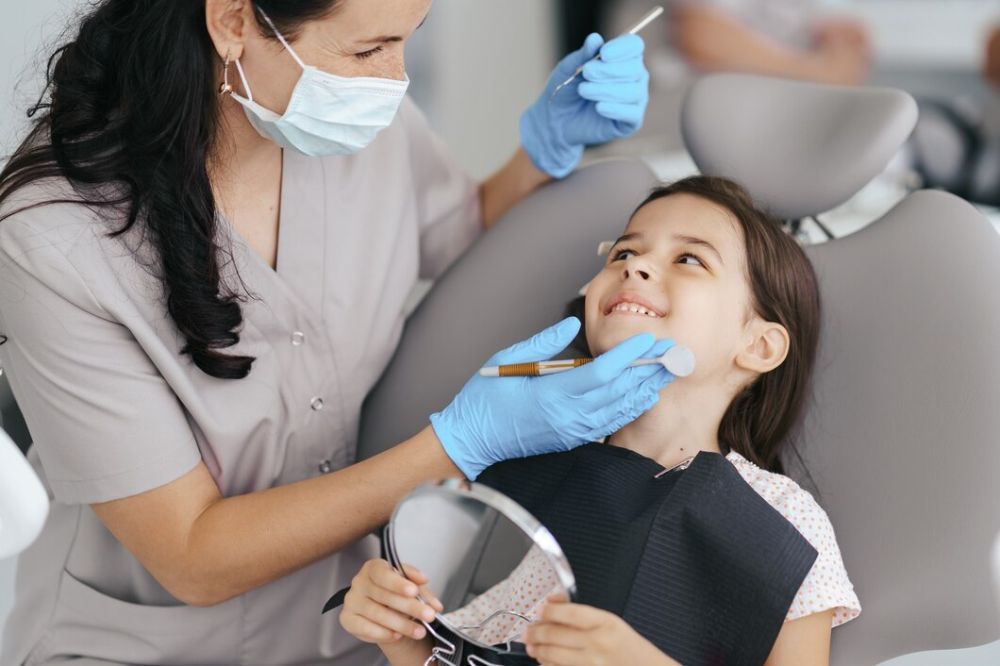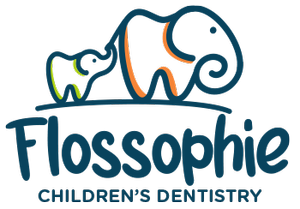
What should parents do first in a dental emergency? It can be anxiety-provoking for the family when your child suddenly has a toothache or has an accident. It is important to remain calm and act quickly. You should take immediate steps, such as gently rinsing the child’s mouth with water or putting a cold compress on a potential bruise or cut. But professional care is the most important factor in keeping your child’s teeth safe. The emergency dentistry in Duluth handles emergencies and can advise parents on what to do before they have even arrived.
What Counts as a Pediatric Dental Emergency?
Many parents are unsure what situations require urgent dental care. A pediatric dental emergency can include several scenarios, such as:
- A tooth that has been knocked out
- A tooth that becomes loose after an injury
- Severe toothaches that don’t go away with basic care
- Swelling of the gums, lips, or cheeks
- Broken or chipped teeth after a fall
- Abscesses or pus near the gumline
These situations should not be ignored, as they may lead to infection or long-term damage. Quick treatment increases the chances of saving the tooth and reduces pain for the child.
How Do Pediatric Dentists Handle Emergencies Differently?
Your pediatric dentist near you knows that children aren’t just small adults, and they approach the visit differently. From the size of instruments to the actual communication, the pediatric dentist is well-versed in helping make urgent visits for treatment less stressful. They are trained to distract through play, talk, and, if necessary, sedate to reduce anxiety. The emphasis is on assessing and treating quickly, ensuring the child feels safe and you feel cared for during the visit.
How Is Children’s Emergency Dental Care Provided?
When you visit a dental practice that offers emergency dental care for children, the priority is easing pain and stabilizing the situation. Treatment may involve repairing a chipped tooth, reattaching a knocked-out tooth, or draining an abscess. For cases where teeth cannot be saved, dentists may suggest space maintainers to keep room for permanent teeth.
Because children are often frightened, dentists use techniques such as nitrous oxide (laughing gas) or minimal sedation to help them relax. Follow-up appointments are scheduled to monitor healing, ensure proper alignment, and prevent complications as the child grows.
Why Select an Emergency Dentist for Children?
Using an emergency dentist for kids gives you a sense of security knowing that your child is treated by someone who specializes in doctor and pediatric dental care. Children are still developing their mouths, and injury can affect the reported growth of permanent teeth. A pediatric dentist will consider this when formulating a treatment plan.
Furthermore, a dental environment designed for children helped them reduce the trauma of their emerging dental contact, so they won’t be as frightened and will have a more positive view of future dental contact.
Act Quickly, Protect Smiles for Life!
Does Your Child Need Emergency Dental Care? At Flossophie Children’s Dentistry, we offer caring, specialized care for pediatric dental emergencies. If your child has an unexpected dental issue, our team is ready to provide immediate, compassionate treatment when you need it. Contact us today to give your child the expert support they need.
FAQs
Can a baby tooth be saved if it is injured?
Yes, it is a good idea to save a baby tooth, since even though it is going to fall out eventually, it is serving as a guide for the permanent tooth to erupt into position, and losing that tooth prematurely can have long-term implications on oral development.
When a tooth gets knocked out and you find it, what should you do right away?
As soon as you can, ideally within 30 minutes. You may store the tooth in milk or in a clean container, with you to the dentist or call the dentist first before acting.
Is sedation safe for children in emergencies and in the office?
Yes. Pediatric dentists will administer a child-appropriate dose of the sedative and will monitor them closely to ensure safety. When administered by a trained professional, sedation can help your child stay relatively calm and collected with no risk.
What is recommended for a dental first-aid kit at home?
A dental first-aid kit should contain sterile gauze, a small clean container to store the tooth, age-appropriate over-the-counter pain relief for your child, and the phone number of a pediatric dentist you trust.
How can I help prevent a pediatric dental emergency?
Encourage your child to wear a mouthguard if they play sports, have regular check-ups, and do not chew hard foods such as ice or hard candy that may crack teeth.
